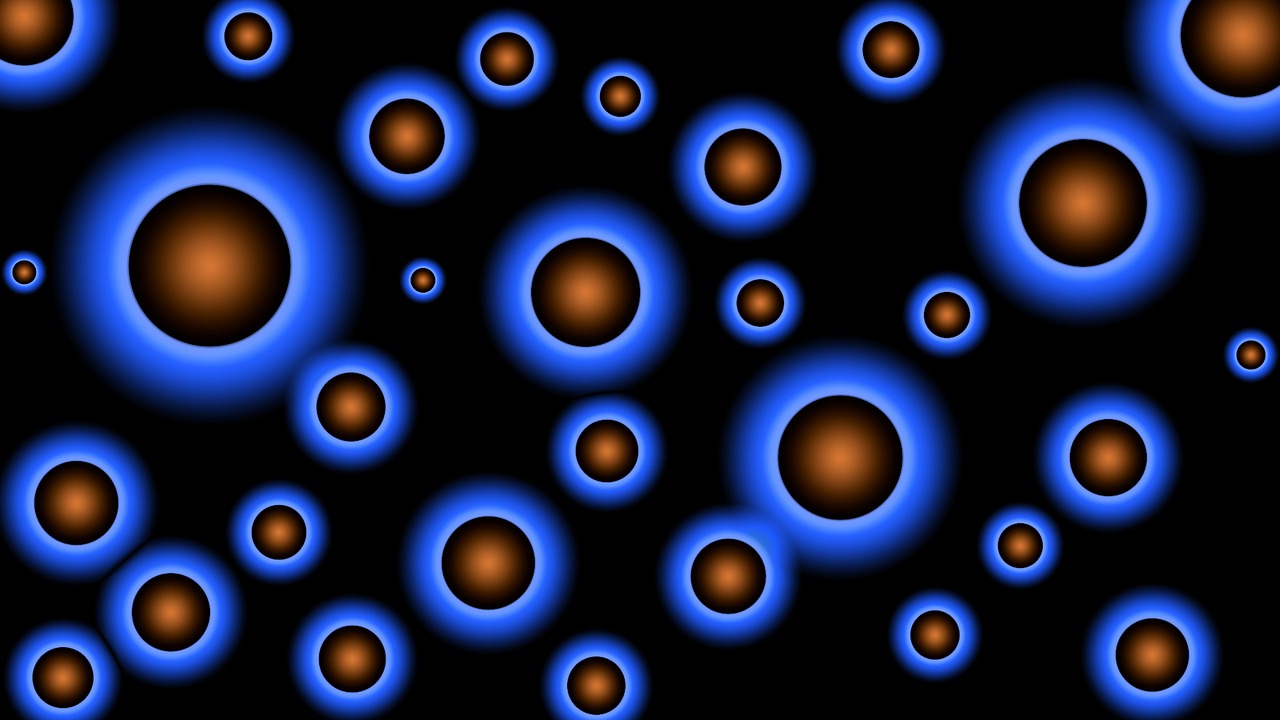
A team from CIC biomaGUNE led by the Ikerbasque Research Professor Aitziber López Cortajarena has succeeded, through an ERC Consolidator Grant within the ProNANO Project, in developing novel protein-based functional nanomaterials. The research has pioneered a simple and versatile strategy for designing proteins, via incorporation of metal coordination sites, for the sustainable synthesis of metal nanoclusters with different metal composition. Metal nanoclusters are nanomaterials only consisting of between 5 and 50 metal atoms.
The work, published in the journal Angewandte Chemie, explains that the resulting protein-stabilised nanoclusters of gold, silver and copper are highly photoluminescent, photostable and biocompatible. As Aitziber López Cortajarena, Ikerbasque Research Professor and Biomolecular Nanotechnology Group leader in CIC biomaGUNE, explains: “These nanomaterials are capable of entering living cells without affecting cell viability or losing their luminescence, making them useful tools for imaging and labelling living cells. Furthermore, this approach is so general that it is translatable to other proteins to obtain hybrid proteins-nanoclusters for various biomedical applications, such as cell imaging or labelling”.
Biological systems for the production of advanced tools
This study paves the way for the design of new tools and technologies, based solely on proteins, to generate new controlled synthesis pathways of nanomaterials with certain properties for application in different fields. It should be noted that, by using biomolecules as the main raw material and water as the solvent, new synthesis routes can be developed that are more biocompatible and sustainable than those traditionally used in the synthesis of this type of nanomaterial. Therefore, this is an example of how, starting from protein design, biological systems can be used in the production of advanced tools with multiple applications.
The systems developed in this research open the door to numerous applications, such as advanced tools for imaging and labelling living cells; sensors to verify changes in temperature and pH or detection of pollutants; detection agents in fluorescence-based diagnostic tests; and theranostic (therapy and diagnosis) tools that combine inhibition of disease-related pathways with fluorescence properties that enable the monitoring of active molecules.
.png)
